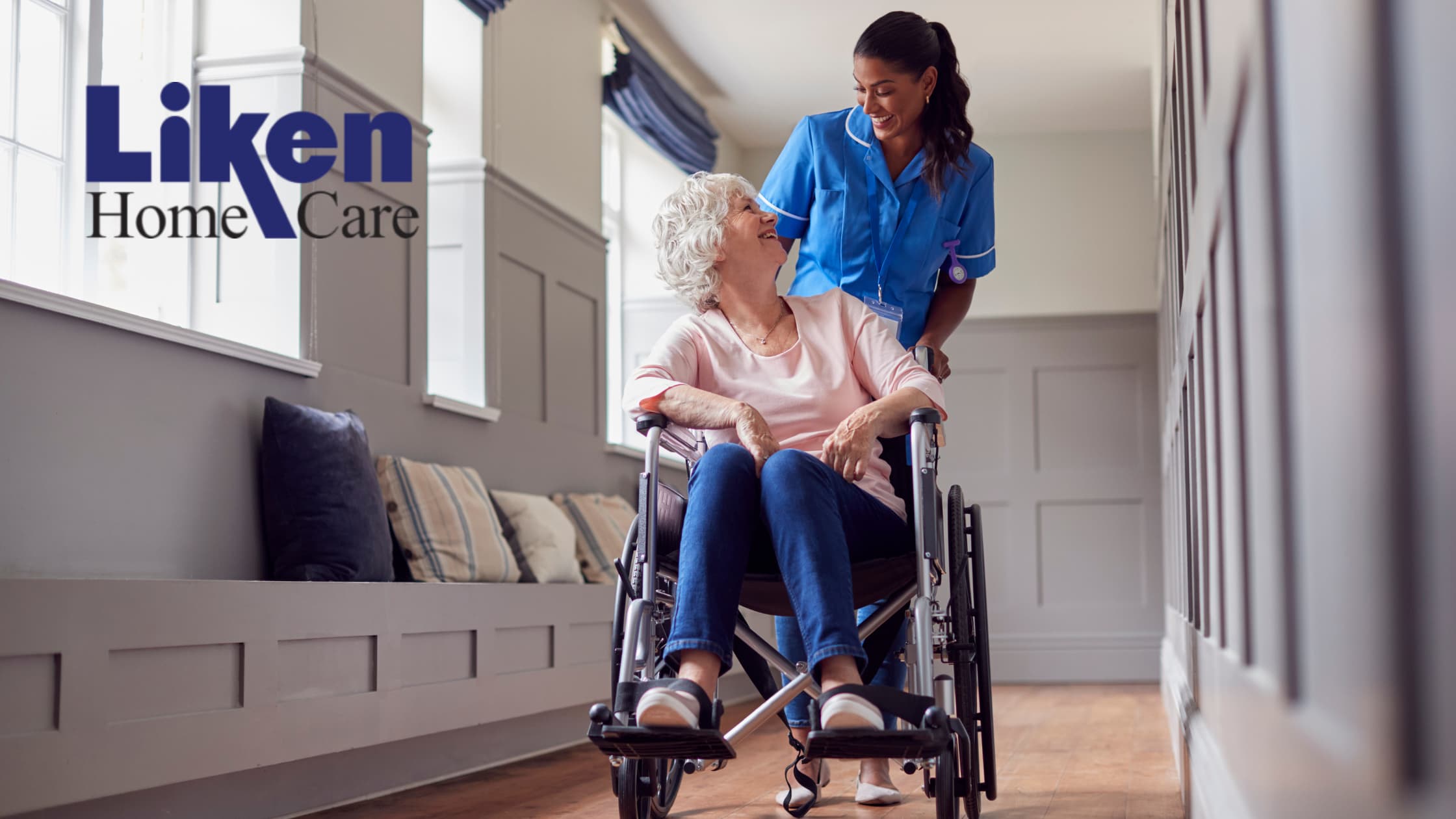The Perils of Social Isolation: Measures You Can Take to Prevent Elderly Clients from Feeling Isolated

There are a number of dangers that can come from social isolation for elderly patients who receive in-home care. Isolation can lead to mental and physical deterioration, and can increase the risk for falls and other accidents. It can also make it difficult for caregivers to provide the best possible care. Here are some facts about social isolation and the elderly:
- Social isolation is a major problem for the elderly. It has been estimated that as many as one third of seniors in the United States suffer from some form of social isolation.
- Elderly people who are socially isolated are more likely to experience cognitive decline and mental health problems, such as depression and anxiety.
- Social isolation can also lead to physical problems, such as a weakened immune system, increased risk for falls and accidents, and higher rates of mortality.
- Caregivers of elderly patients who are socially isolated often report feeling overwhelmed and stressed. This can lead to burnout and a decline in the quality of care being provided.
Making sure that your elderly clients do not become socially isolated is important for their well-being. By taking some simple measures, you can help to keep them engaged and connected to the world around them. Fortunately, there are measures that can be taken to prevent social isolation and keep elderly patients engaged with the world around them. Here are some things you can do:
- Encourage family members and friends to visit often, even if it is just for a short time.
- Help your client find ways to stay involved in their community, whether it is through volunteering, attending local events, or joining social clubs or groups.
- Picking up a part-time job or hobby can also help to stave off feelings of isolation.
Adopting an animal can help with social isolation, as well as providing companionship. Animal companionship has been shown to have a number of benefits for seniors, including reducing stress levels, improving mood, and increasing opportunities for socialization.
Make sure your client has a way to stay connected to the outside world, whether it is through a phone, computer, or television. Encourage your clients to use technology to keep in touch with friends and family.
Make sure that your elderly clients are getting out of the house on a regular basis. Even going for a walk around the block can make a big difference.
If you are concerned that your elderly client may be at risk for social isolation, talk to their doctor or another professional about steps you can take to prevent it. By taking some simple measures, you can help to ensure that your elderly clients stay connected and engaged with the world around them.
If you have any questions or would like to learn more about social isolation and the elderly, please contact Liken Home Care. Our specialists are trained to be aware of elderly isolation and ways to combat it.
